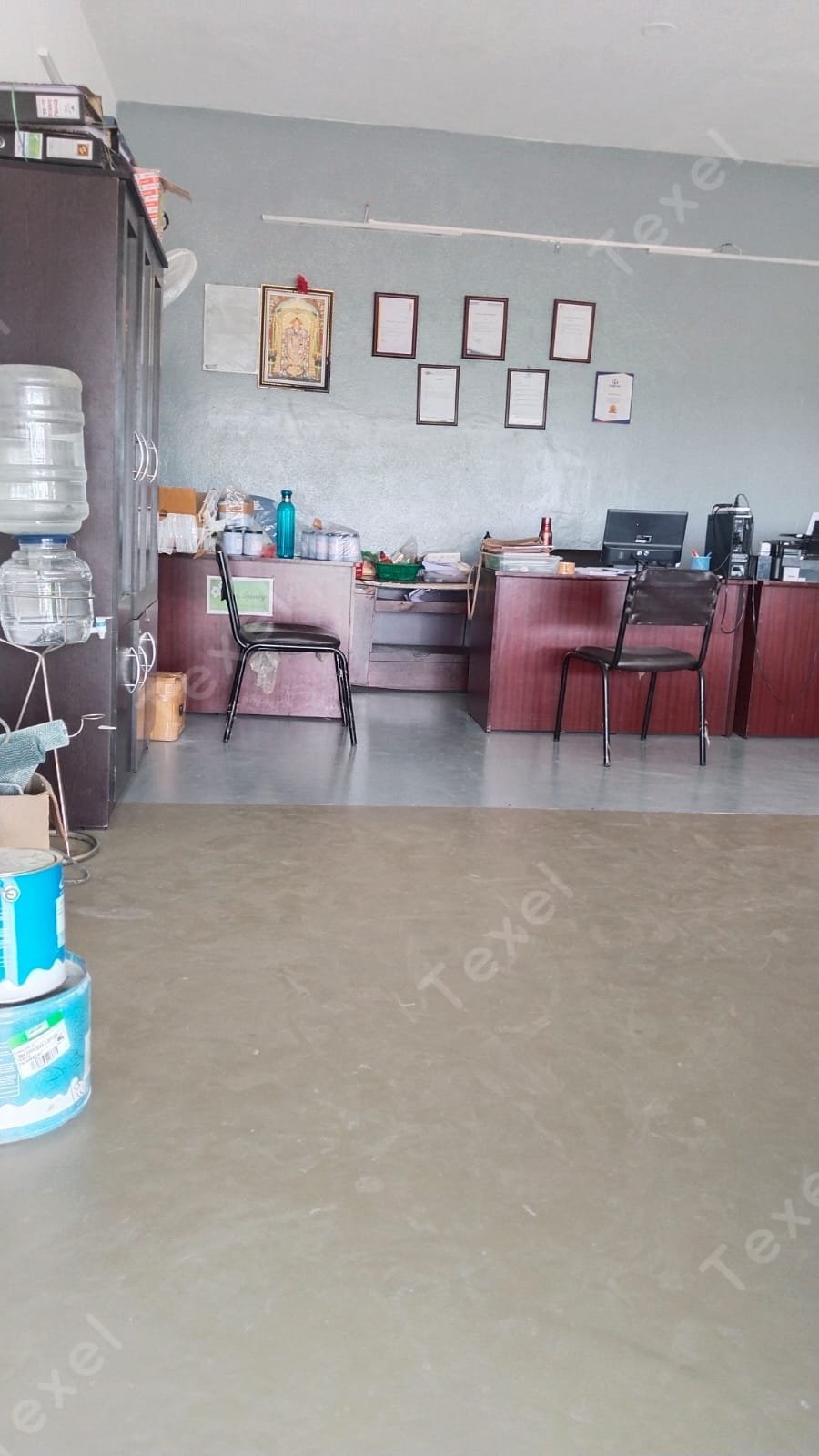EPOXY
WALL COATING
INTRODUCTION
Epoxy wall coatings are
durable and versatile solutions used to protect and beautify interior walls in
various settings, from residential to industrial environments. Composed of
epoxy resins and hardeners, these coatings form a tough, chemically resistant
surface that is easy to clean and maintain. They adhere strongly to concrete,
metal, and other materials, providing a seamless and attractive finish.
KEY FEATURES OF EPOXY WALL COATING
· Durability: Epoxy wall
coatings are exceptionally durable, offering a long-lasting protective barrier
against wear and tear. They can withstand heavy foot traffic, impacts, and
abrasions, making them ideal for high-traffic areas.
· Chemical Resistance: These
coatings are resistant to chemicals, acids, solvents, and oils. This feature
makes them suitable for environments where spills or chemical exposure is
common, such as laboratories, warehouses, and industrial facilities.
· Hygienic Properties: Epoxy
wall coatings create a smooth, non-porous surface that is easy to clean and
maintain. This makes them highly suitable for environments requiring high
levels of cleanliness and hygiene, such as hospitals, pharmaceutical
facilities, and food processing plants.
· Water and Moisture Resistance:
They provide excellent resistance to water and moisture, which helps prevent
water damage and mold growth on walls. This feature is beneficial in areas like
bathrooms, kitchens, and basements.
· Aesthetic Versatility:
Available in a wide range of colors, textures, and finishes, epoxy wall
coatings offer design flexibility. They can be customized to match the decor
and style preferences of different spaces, from sleek and modern to industrial
and utilitarian.
· Seamless Application: Epoxy
coatings can be applied seamlessly to create a smooth and uniform surface on
walls. This seamless finish not only enhances the appearance but also
eliminates joints and gaps where dirt and bacteria could accumulate.
· Fast Cure Time: Many epoxy
coatings have a relatively fast curing time, allowing for quick installation
and minimal disruption to operations in commercial and industrial settings.
· Environmentally Friendly Options:
Some epoxy formulations are low in volatile organic compounds (VOCs),
contributing to better indoor air quality and meeting environmental
regulations.
· UV Resistance: Certain epoxy
coatings are formulated to resist UV damage, preventing discoloration and
maintaining their aesthetic appeal over time, especially in areas exposed to
natural light.
· Versatility in Application:
Epoxy wall coatings can be applied over various substrates, including concrete,
drywall, metal, and wood, making them versatile for different types of
construction and renovation projects.
APPLICATIONS OF EPOXY WALL COATING
§ Commercial and
Industrial Spaces: Hospitals,
warehouses, manufacturing facilities benefit from durability and cleanliness.
§ Residential
Settings: Garages, basements,
kitchens, and bathrooms for protection and aesthetics.
§ Institutional
Environments: Schools, laboratories,
and public buildings where hygiene and durability are paramount.
CONCLUSION
Epoxy wall coatings
offer a robust solution for protecting and enhancing interior walls in a
variety of environments. Their combination of durability, chemical resistance,
and aesthetic flexibility makes them a preferred choice among architects,
designers, and property owners looking to improve both functionality and
appearance.
